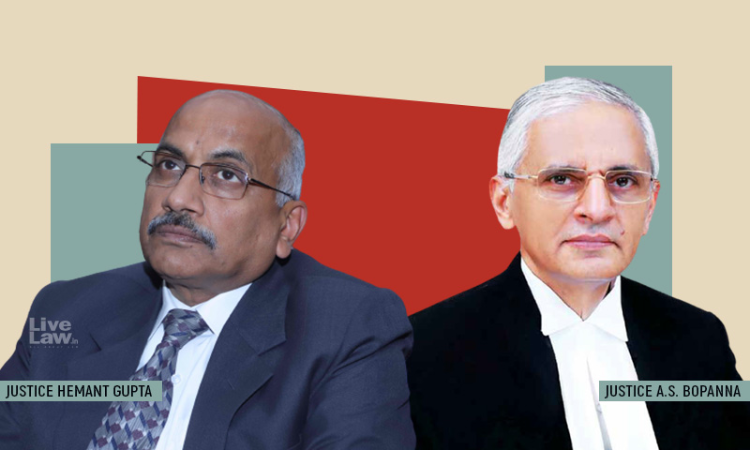The Supreme Court observed that a suit for eviction is maintainable before a Wakf Tribunal if the tenant disputed that the property is not a wakf.This is because the question whether a property belongs to wakf is exclusively triable by the Wakf Tribunal.In this case, the Telangana State Wakf Board filed a suit before the Andhra Pradesh State Wakf Tribunal, Hyderabad seeking eviction...

